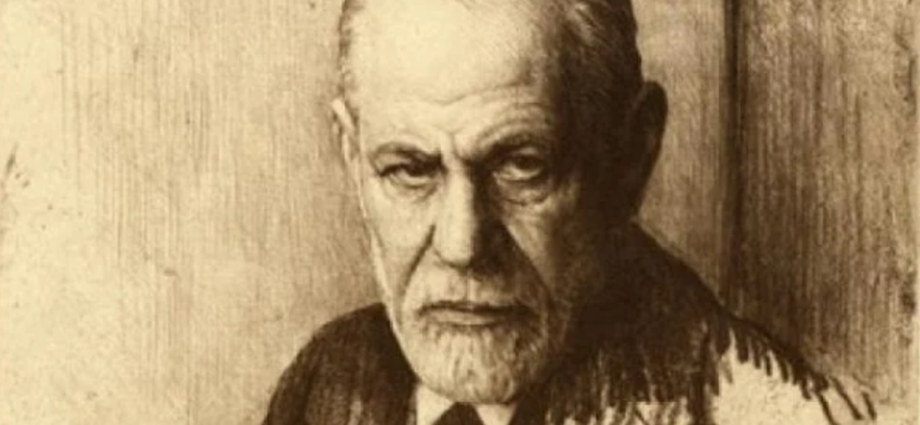|
|
Founder of psychoanalysis Sigmund Freud (1856-1939), developed the psychoanalytic theory of personality development, which argued that personality is formed through conflicts among three fundamental structures of the human mind: the Id, the Ego, and the Superego. During his life, beginning in 1852, he wrote more than 320 influential books, articles, and essays on the growing field of psychology.
Key Freudian Concepts:
Conscience – The part of the Superego that causes guilt when its standards are not met.
Conscious – The region of the mind that includes all mental contents a person is aware of at any given moment.
Ego – The executive part of personality that directs rational behavior.
Ego Ideal – The portion of the Superego representing ideal behavior; a source of pride when its standards are met.
Electra Conflict – A girl’s sexual attraction to her father and feelings of rivalry with her mother.
Fixation – A lasting conflict developed as a result of frustration or over-indulgence.
Freudian Slip – An unintentional error revealing subconscious feelings.
Id – The primitive part of the personality that remains unconscious, supplies energy and demands pleasure.
Libido – In Freudian Theory, the Force, primarily pleasure oriented, that energizes the personality.
Moral Anxiety – Apprehension felt when thoughts, impulses or actions conflict with Superego’s standards.
Neurotic Anxiety – Apprehension felt when the Ego struggles to control Id impulses.
Oedipus Conflict – A boy’s sexual attraction to his mother and feelings of rivalry with his father.
Oral-dependent Personality – A person who wants to passively receive attention, gifts, love etc.
Pleasure Principle – The Id’s desire for immediate satisfaction, wishes, desires, needs, etc.
Preconscious – An area of the mind containing information that can be voluntarily brought to awareness.
Primary Process – The process that works to resolve the tension created by the pleasure principle.
Psyche – The mind, mental life, and personality as a whole.
Reality Principle – Delaying action (or pleasure) until it is appropriate.
Secondary Process – The process that manages and relieves tension created when the Ego prevents the Id from pursuing its urges or desires.
Superego – A judge or censor of personality for thoughts and actions.
Thanatos – In Freudian Theory, the death instinct.
Unconscious – The region of the mind that is beyond awareness, especially impulses and desires not directly known to the person.
This report is not a diagnosis. We hope this information can guide you toward improving your life.
Review our Knowledge Base or the links displayed on this page for similar and related topics.

